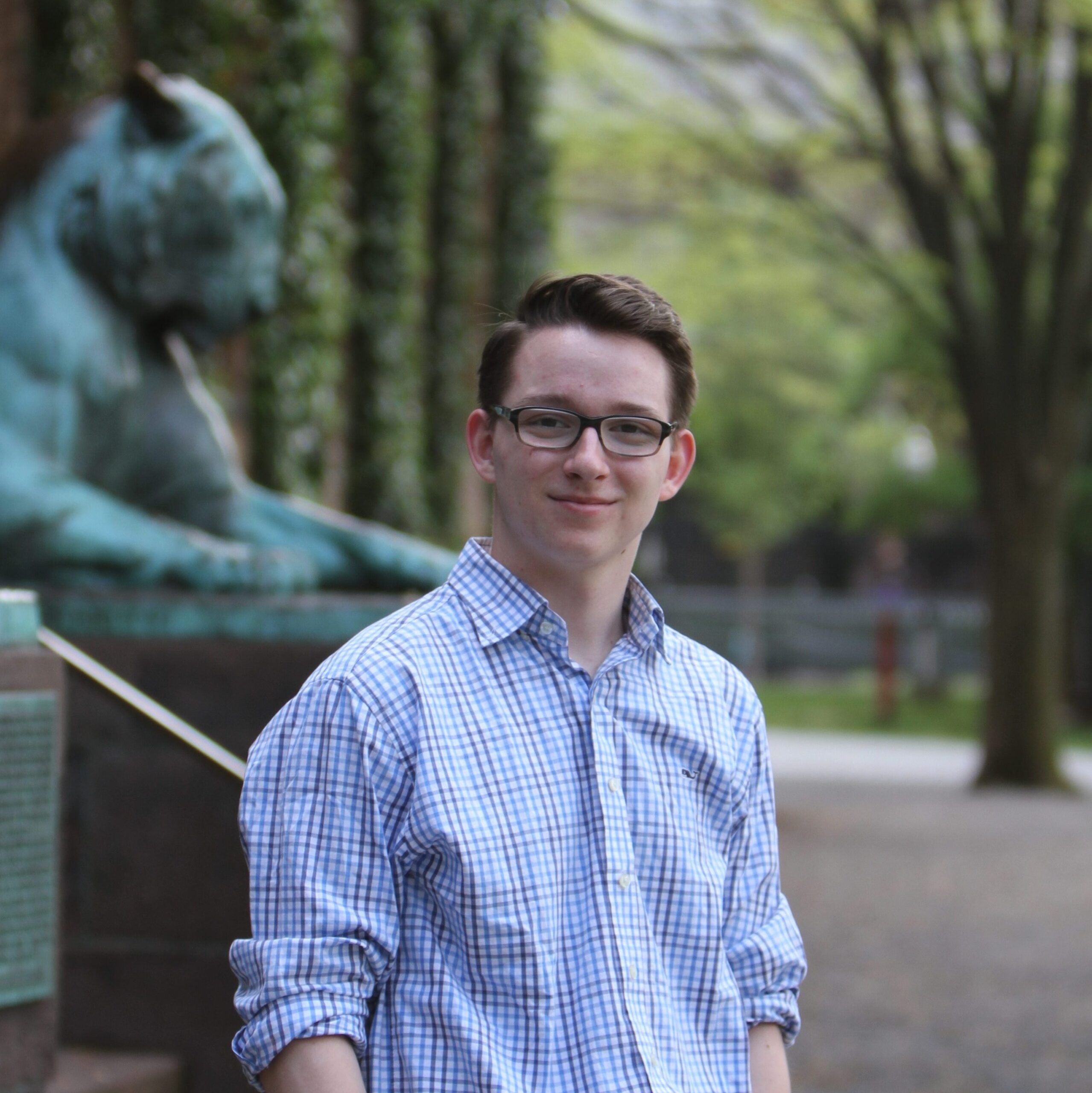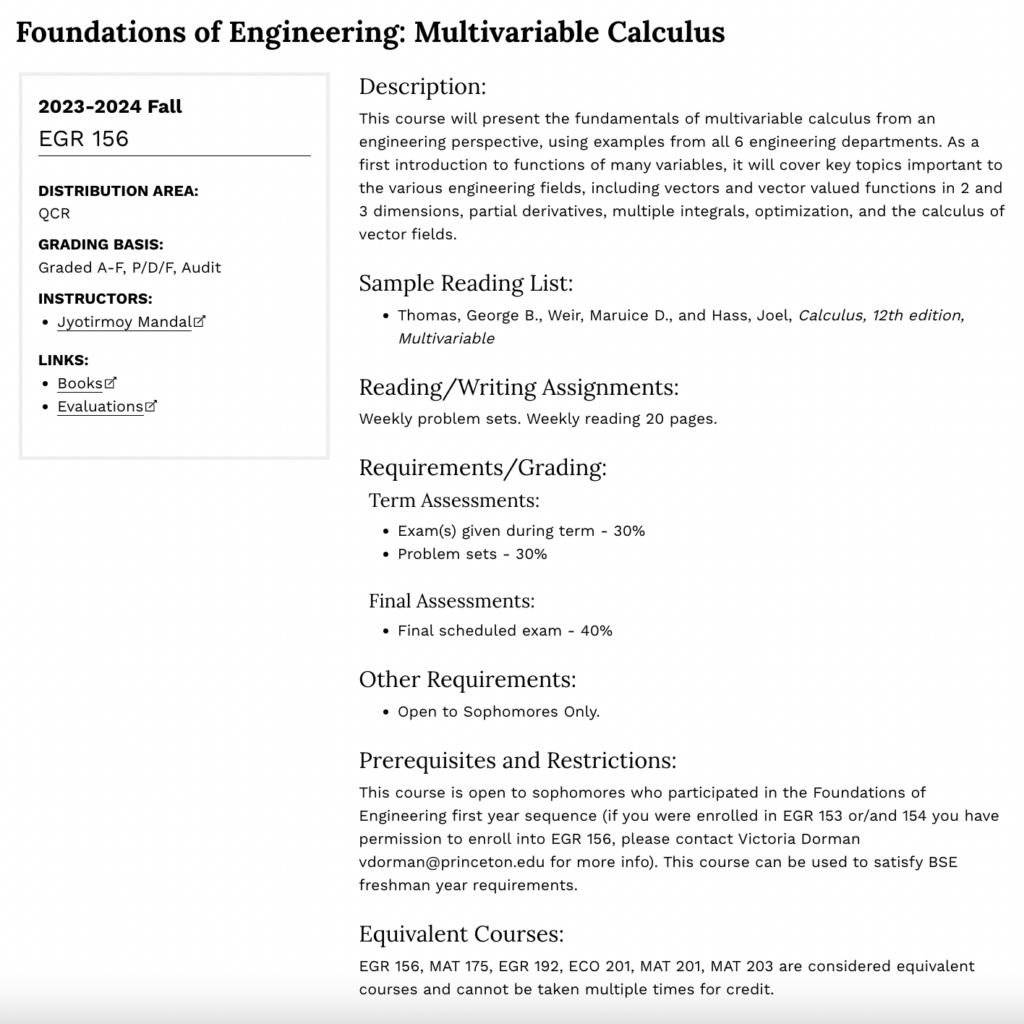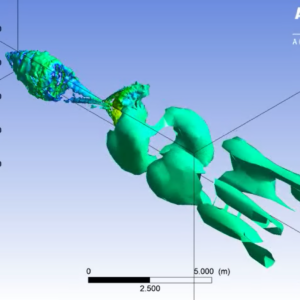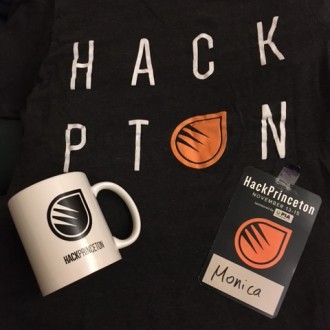
At Princeton, I’ve formed close friendships with students across all years and departments, witnessing their challenges, hard work, and achievements, from difficult courses to their independent work and senior theses. When my friends often name-drop courses from their departments and share exciting insights from their day, I realize I haven’t taken many of those classes myself. This realization sparked a desire to generate deeper conversations about their academic interests, even if I don’t fully grasp all the technical details and concepts of their field.
One of these conversations was with Jeremy Kiil ‘24 about his experience in ‘Car Lab’ (formally, ECE 302: Robotics and Autonomous Systems Lab), a required course for all ECE juniors. To my surprise, our conversation wasn’t focused on the nitty-gritty details about hardware components. Instead, Jeremy shared insights applicable to all students. I found his advice on making consistent progress, staying resilient, and taking care of oneself as wonderful reminders for everyone. Inspired by our conversation, I wanted to document and share it with a broader audience.
Continue reading More than Just Building Toy Cars: A Conversation with Jeremy Kiil ’24 about Car Lab






